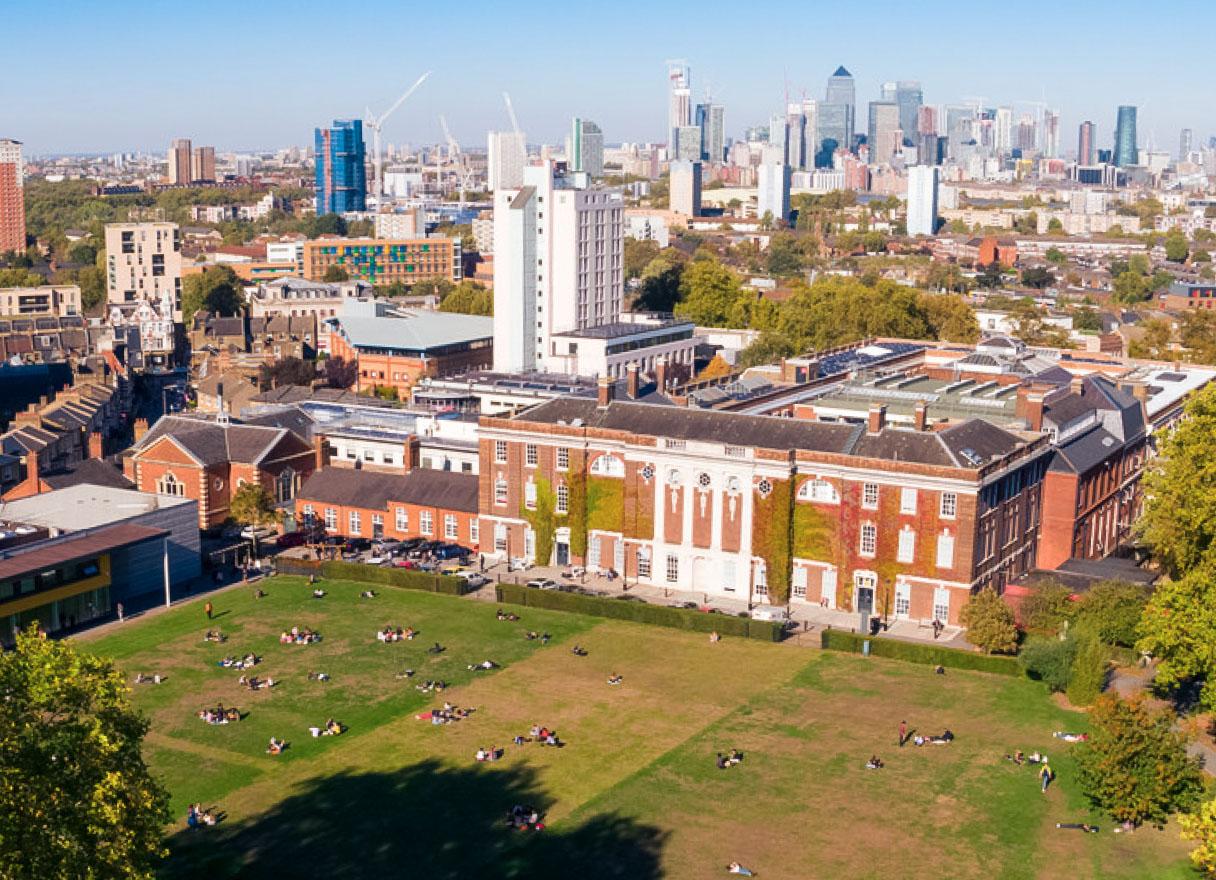Course overview
This course offers an introduction to Dance Movement Psychotherapy in the UK and includes theoretical concepts as well as the experience of using movement as a tool for self-reflection.
This course is not currently available to apply for.
This course runs as a weekly 2-hour evening class every Tuesday, over three terms of the academic year (25 weeks). It will include one 6-hour class on one Sunday in term 1 (date TBC).
Throughout the course, theory and practice will be brought together in an embodied and relational learning experience. You'll gain first-hand experience of creative and embodied processes, including group work.
You'll learn core Dance Movement Psychotherapy (DMP) theory, including professional contexts, and hear examples of case material from a range of dance movement therapy practices in the UK, including practice-based examples with adults, adolescents, and children from a diverse range of organisations, approaches, and services.
Term 1: Foundations of DMP
The first term of the course will be a theoretical and practical exploration of Dance Movement Psychotherapy (DMP) in the UK. Key theoretical concepts will be introduced through creative lectures, case materials, and embodied exploration.
Lectures will include:
- Introduction to Dance Movement Psychotherapy
- Pioneers in Dance Movement Psychotherapy
- DMP & the Therapeutic Processes
- Attachment Theory Within Psychotherapy
- Reflective Perspectives on Play
- Developing Kinaesthetic Awareness & Attunement
- Introduction of Laban Movement Analysis.
- Exploring Personal Movement Profiles
- The Significance of Containment and Boundaries
- Introduction to Group Theory
Term 2: Experiential Learning
During the second term, you will:
- Take part in a unique experiential learning opportunity through participation in a DMP group facilitated by experienced therapists.
- Engage in an 'as if' experience of the therapeutic process, promoting a deeper understanding through immersive and reflexive learning.
- Focus on developing insights into oneself and others, emphasising the dynamic interplay between movement, communication, and group dynamics within a well-defined framework.
- Explore social justice issues and the intersectionality of various factors such as class, race, culture, sexuality, physical and intellectual abilities, religion, and gender.
Term 3: Applied DMP in Practice
The third term examines how DMP is applied in practice. You will:
- Develop an understanding the practical application of DMP across diverse settings.
- Gain insight into various specialist areas and how DMP adapts while remaining anchored in psychodynamic principles.
- Explore different contexts, enhancing understanding of the profession and its nuances, contributing to increased employability in the field.
This foundation course provides a comprehensive understanding of the Dance Movement Psychotherapy profession, offering an enlightening introduction. The course does not confer a license to practice as a Dance Movement Psychotherapist.
Upon successful completion of the course and assessments, participants will be awarded a Graduate Certificate carrying 45 credits at Level 6.
The completion of the Foundation course will not automatically guarantee you a place on the MA in Dance Movement Psychotherapy.
Staff
You will be taught by:
- Marina Benini
- Catherine Busk
- Brenda Naso
- Agnes Law
- Fiona Hoo
- Dawn Batcup
Careers
Students of this course have the opportunity to further their training in Dance Movement Psychotherapy. The knowledge gained can be applied as Continuing Professional Development (CPD) for their current professions, fostering personal development and enhancing reflective practices.
Fees
To be confirmed
Booking information
Please note our short courses sell out quickly, so early booking is advisable.
Location
In-person on campus
Enquiries
If you have any questions about this course please contact psst (@gold.ac.uk).







